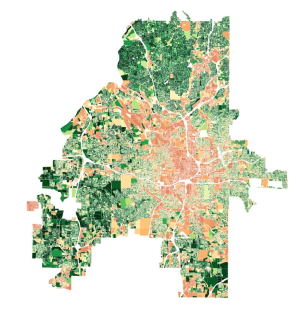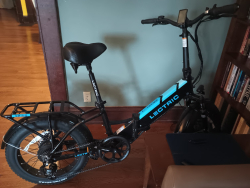 I wrote about the housing crisis” last year. My focus was on the tax law. It needs to discourage private equity from buying up houses, and encourage home ownership.
I wrote about the housing crisis” last year. My focus was on the tax law. It needs to discourage private equity from buying up houses, and encourage home ownership.
But there’s a second element at work. It’s demographic. Millennials, like my kids, aren’t marrying. If they’re marrying, they’re not having kids. They want small apartments near where they work. Most of them work in cities, where it’s very expensive to build.
Developers, united with young renters, are trying to increase density by block-busting urban homeowners. That’s what a lot of the current “affordable housing” debate is about. I saw it in the 1960s, when it was a racial divide. It’s ugly and leads to crime.
The good news is that apartment construction is already increasing. It is now near the level it was in 1972, just before the first oil crisis. If interest rates moderate even a little, the industry will blow past that number.
I’m no NIMBY. Planned density can work. But rather than giving developers open season to wreck home values in the name of “15 minute neighborhoods," destroying the tree canopy, start with “30-minute cities," so that the infrastructure keeps up with the demand.

Millennials and Gen Z are going to control everything soon enough. They need a chance to evolve into that power. They deserve to have livable cities, not just dense ones. They also deserve a chance to own their own apartments, rather than be slaves to landlords.










